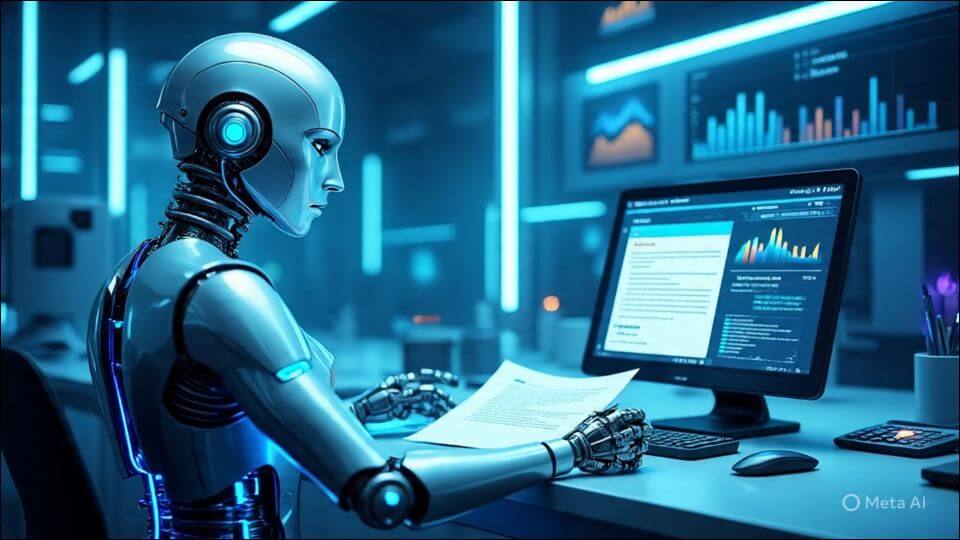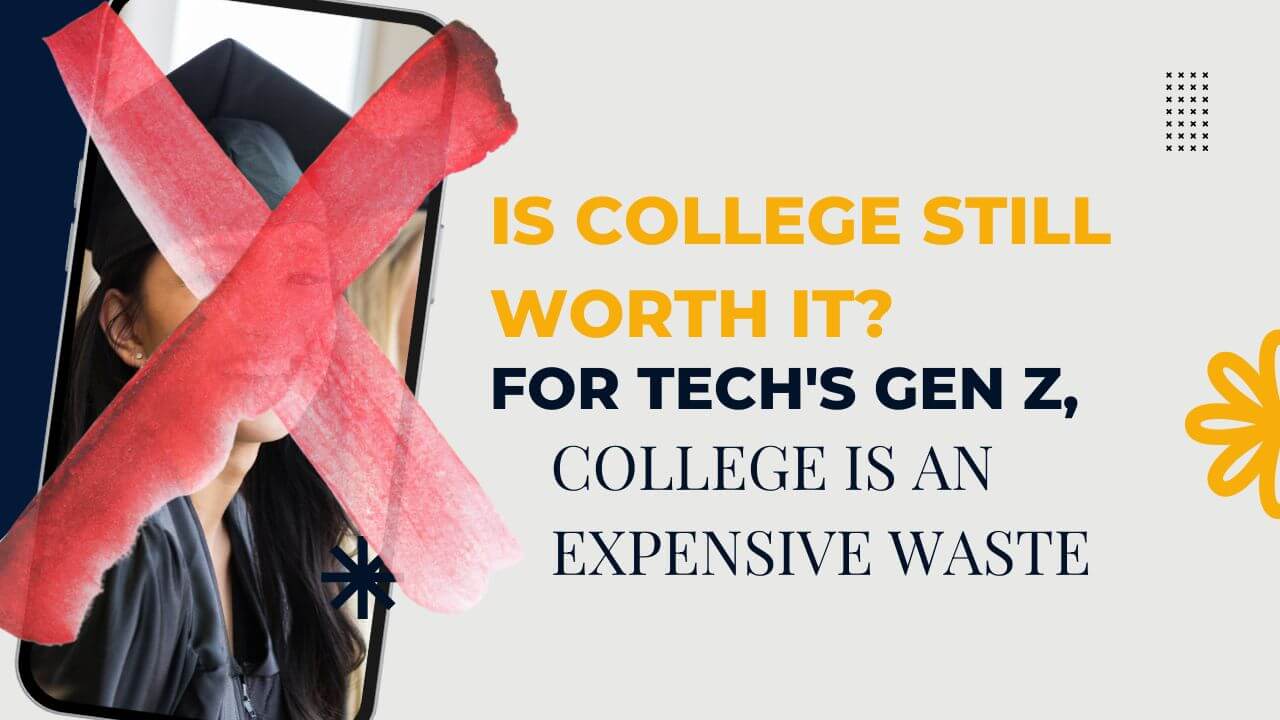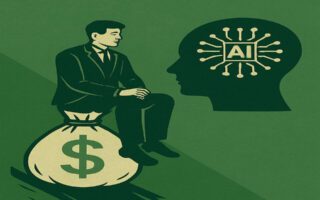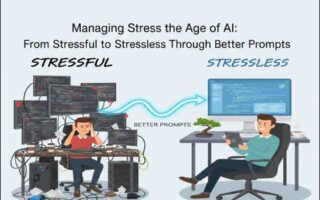Debt isn’t just a financial tool—it’s a reflection of how we value time, risk, and future potential. In the AI era, where decisions are increasingly automated and financial advice is algorithmically generated, understanding the difference between good debt and bad debt becomes even more urgent.
This article reframes debt through the lens of Filipino resilience and AI-powered decision-making.

✅ What Is Good Debt?
As explained by Earnest.ph, good debt is intentional, productive, and manageable. It includes:
- Education loans that increase earning potential
- Business loans that fund growth and innovation
- Home loans that build long-term assets
- Car loans that improve mobility and productivity
- Credit cards used responsibly for cash flow and convenience
In short, good debt is strategic borrowing—it helps you earn more than you owe.
AI tools can support good debt decisions by:
- Simulating loan scenarios and repayment plans
- Forecasting income growth from education or business investments
- Comparing interest rates and terms across lenders
- Auditing spending habits to flag risky patterns
❌ What Is Bad Debt?
Bad debt is impulsive, draining, and hard to track. It includes:
- Borrowing to fund lifestyle inflation
- Using credit to cover other debts
- Missing payments and accumulating penalties
- Loans with terms that exceed the value of the asset
But in the Philippines, bad debt often takes on algorithmic and behavioral forms:
📦 1. “It’s Raining Parcels”: Mindless Online Shopping
AI-curated feeds, flash sales, and algorithmic nudges have led to a surge in impulse buying:
- A study from Visayas State University found that hedonic motivation, scarcity tactics, and pandemic-induced stress were key drivers of online impulse buying
- Gen Z consumers in Metro Manila showed no significant resistance to impulsive purchases, especially when exposed to TikTok’s “Shopee Finds” and algorithmic product placements
- In convenience stores, impulse buying was triggered by visual merchandising and time availability, with many purchases made without prior intent
This behavior has led to the “parcel rain” phenomenon—daily deliveries of half-useful, half-forgotten items, often bought under emotional or algorithmic pressure.
💸 2. “Willing Victims” of Online Lending Apps
The Philippines has seen a dramatic rise in online lending apps (OLAs)—many of which operate with predatory interest rates and abusive collection tactics:
- Rappler documented the case of “Jean,” who borrowed from 13 OLAs and ended up paying ₱98,000–₱200,000 weekly, trapped in a reloan cycle
- Some borrowers knowingly take loans with slim chances of repayment, then blame the system when harassment begins, creating a cycle of victimhood and avoidance
- The SEC and National Privacy Commission have cracked down on OLAs that scrape contact lists, shame borrowers online, and issue fake legal threats
- Support groups like United OLA Victims Movement (with 49,000+ members) have emerged to fight back, but many borrowers still fall into the trap of borrowing to borrow, not to repay
These cases highlight the need for financial literacy, AI discernment, and ethical platform design, because when algorithms reward impulsivity and normalize debt, the burden falls on users to resist.

🧭 Filipino Discernment in Debt Decisions
Use cultural tools to guide financial choices:
- Pakikiramdam: Sense whether a loan aligns with your values and goals
- Paninindigan: Borrow with conviction, not convenience
- Bayanihan: Seek community wisdom, not just algorithmic advice
And in the age of AI, ask: Is this debt helping me build—or just helping someone else profit?
🐾 Final Thought
Debt isn’t evil. But in the AI era, it’s easier than ever to borrow without thinking. Filipino creators and citizens must combine financial literacy with prompt literacy—knowing not just what to borrow, but what to ask before borrowing.
Because the smartest AI won’t save you from a bad loan, but the right question might.
And sometimes, the right question is about education itself. As explored in Is College Still Worth It?, Filipino learners are rethinking traditional degrees in favor of practical, AI-aligned skills. Meanwhile, Ghost Graduates warns of credentials that don’t translate into real-world value. The key is choosing paths that lead to AI-resistant careers—roles that reward creativity, empathy, and adaptability.
Because if your education works well for you, you’re not drowning in bad debt—you’re building with it.
📚 Sources
- Visayas State University – Impulse Buying Behavior Among Online Consumers During COVID-19
- Lyceum of the Philippines University – Gen Z Impulse Buying in Metro Manila
- University of Santo Tomas – Impulse Purchasing in Convenience Stores
- Rappler – Haunted by Debt: Online Lending App Victims Fight Financial Nightmare
- Respicio Law – Online Loan App Harassment in the Philippines
- GMA News – Victims of Harassment by Online Lenders File Charges







